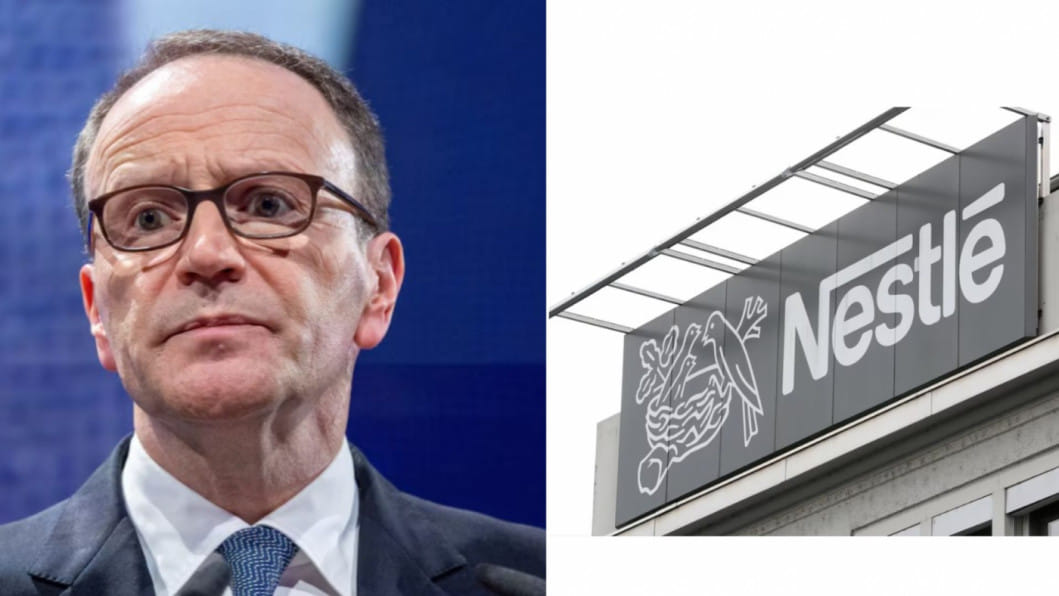What went wrong for Nestle CEO Mark Schneider

Mark Schneider, Nestle's recently ousted CEO, steered the world's biggest food maker through the COVID-19 pandemic, grew margins despite a subsequent supply chain crunch, and pulled off a historic reorganisation.
So when did he lose the board's faith?
While Nestle declined to comment on the nature of his departure when announcing it on Thursday, and Schneider did not respond to a request to do so, three sources told Reuters on Friday that the executive had been axed.
One source said the decision was reached after Nestle's board became increasingly concerned about weak sales growth. They also cited worries about slowing product development, with new and revamped products taking longer to be devised and rolled out.
"Two years ago, Mark Schneider could do nothing wrong; now he seems to get it all wrong," Bernstein analyst Bruno Monteyne said, flagging a drop in Nestle's stock, which has slid roughly 30% since its pandemic high in early 2022.
But, "is that a good reason to break up with a CEO that was only two years ago feted as the best CEO in the sector?" Monteyne asked.
Schneider, 58, in 2017 became the first company outsider to lead the maker of KitKat bars and Nescafe coffee in nearly a century. Its stock peaked during his tenure, tapping a record of 129.5 Swiss francs ($152.73) at the start of 2022.
That year, he led an overhaul of the company, changing its executive board to align with a new geographic structure.
So cost-effectively built and then maintained quite cost-effectively over a 25-year period.
Where rivals like PepsiCo and Unilever were not able to sustain operating margin growth in the seven years to 2023, Schneider grew Nestle's to 17.3% from 16.5%.
This feat was particularly remarkable, given the hit industry margins took during the pandemic.
But the board's concerns about sluggish sales volumes and underinvestment are not unfounded, and have been raised repeatedly in calls with analysts and investors in recent years.

 For all latest news, follow The Daily Star's Google News channel.
For all latest news, follow The Daily Star's Google News channel. 








Comments